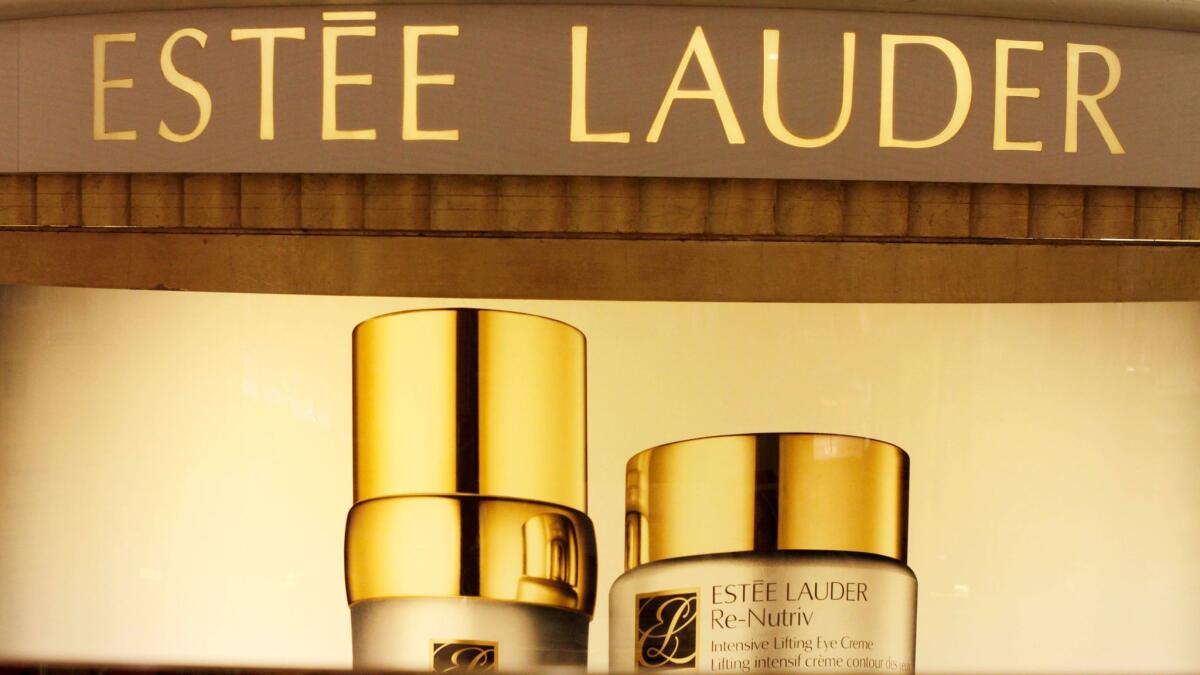Federal agency accuses Estee Lauder of discriminating against new dads

The federal agency whose job is to stop workplace discrimination has sued Estee Lauder Cos., alleging that new fathers at the beauty products maker get lesser benefits than their female colleagues.
The Equal Employment Opportunity Commission said in a federal lawsuit filed Wednesday in Philadelphia that Estee Lauder allows new fathers to take only two weeks of paid leave, but lets new mothers take six weeks. It also notes that at the company, new mothers are entitled to a âtransition back to workâ benefit that includes flexible schedules, working from home and shorter work weeks, but new fathers are not.
The New York City-based company didnât immediately return a message Thursday seeking comment.
The lawsuit was filed on behalf of Christopher Sullivan, an Estee Lauder stockperson in a Delaware store.
The lawsuit says that on June 15, 2015, Sullivan informed the company of the birth of his child and his intention to take primary caregiver leave for six weeks under Estee Lauderâs policy.
He was informed that as the biological father, he was entitled only to secondary caregiver leave and would receive two weeks off.
âIt is wonderful when employers provide paid parental leave and flexible work arrangements, but federal law requires equal pay, including benefits, for equal work, and that applies to men as well as women,â said Mindy Weinstein, the acting director at the commissionâs Washington field office.
The suit seeks a jury trial and relief for men who work at the company who the EEOC says were denied equal parental leave benefits because of their sex.
The lawsuit comes the same week the White House halted an Obama administration rule that would have required businesses to report worker pay data by gender, race and ethnic groups in hopes of narrowing wage gaps among workers.
That plan, announced in early 2016, was set to take effect early next year. The EEOC had suggested what information be collected and intended to analyze the resulting data to better focus investigations into unlawful pay practices.
But the Trump administration, siding with the U.S. Chamber of Commerce and others, contended that the data collection would be too burdensome for firms and questioned how effective the information might be in fighting wage discrimination.
Times staff writer James F. Peltz contributed to this report.
More to Read
Inside the business of entertainment
The Wide Shot brings you news, analysis and insights on everything from streaming wars to production â and what it all means for the future.
You may occasionally receive promotional content from the Los Angeles Times.










